Geography: Africa; Cameroon, Tanzania, Zambia, Zimbabwe
Song / Call: Click to hear the Red-faced Crimsonwing
Size / Weight: 4″ (10–11 cm); 10·5-14·5 g
Sexing: Red-faced Crimsonwings are easily sexed visually.
Temperament: Red-faced Crimsonwings are quiet timid birds that do not attract attention in any aviary. They prefer to stay in shrubbery while swiftly and almost inaudibly hopping from branch to branch. Red-faced Crimsonwings are mostly found in pairs. When in search of food they sometimes join up with others of their species, and with other estrildid finches.
Breeding: In courtship, Red-faced Crimsonwing males hold nesting material in their bill, fluffs it’s feathers on the belly and flanks. With his head directed towards his intended mate, he bobs up and down by stretching and bending his legs. Their nest is a large, loosely constructed ball with a side entrance and porch or tunnel built with grass blades, stems, moss, fungi and dead leaves (looks like old abandoned nest) and lined with soft seedheads, plant down, feathers and hair-like mycelia of fungus. Nests are placed 2–6 m above the ground in thicket of bracken briar, shrubs and herbs near streams. They lay Clutches of 3 to 6 eggs with an incubation period of 13–14 days. Both sexes incubate the eggs.
Diet: Goldfinch Seed, Australian Blend Goldenfeast, Millet, Dried Egg Food, Mineral Grit, meal worms. Soaked seed can be given when birds are their rearing young

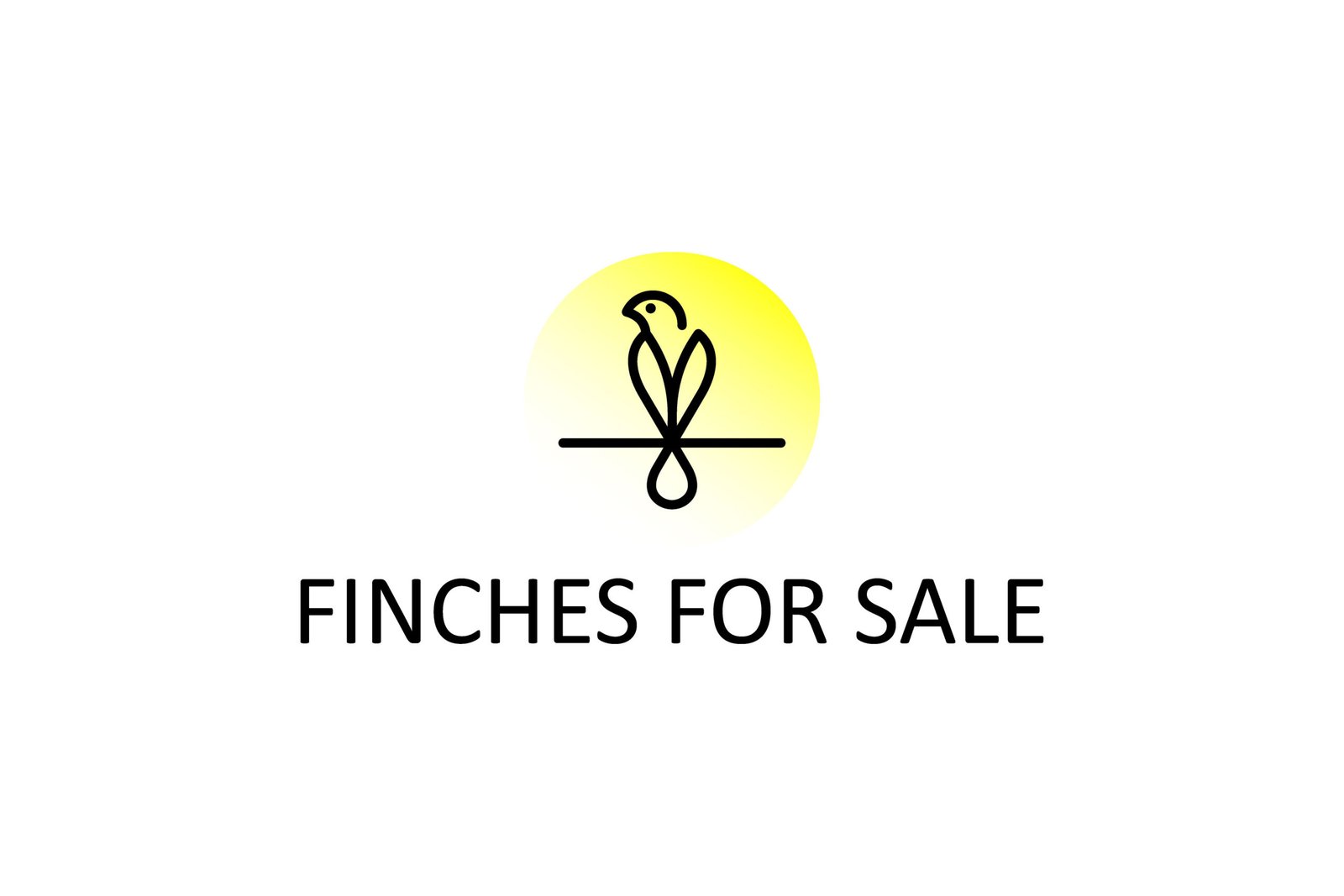
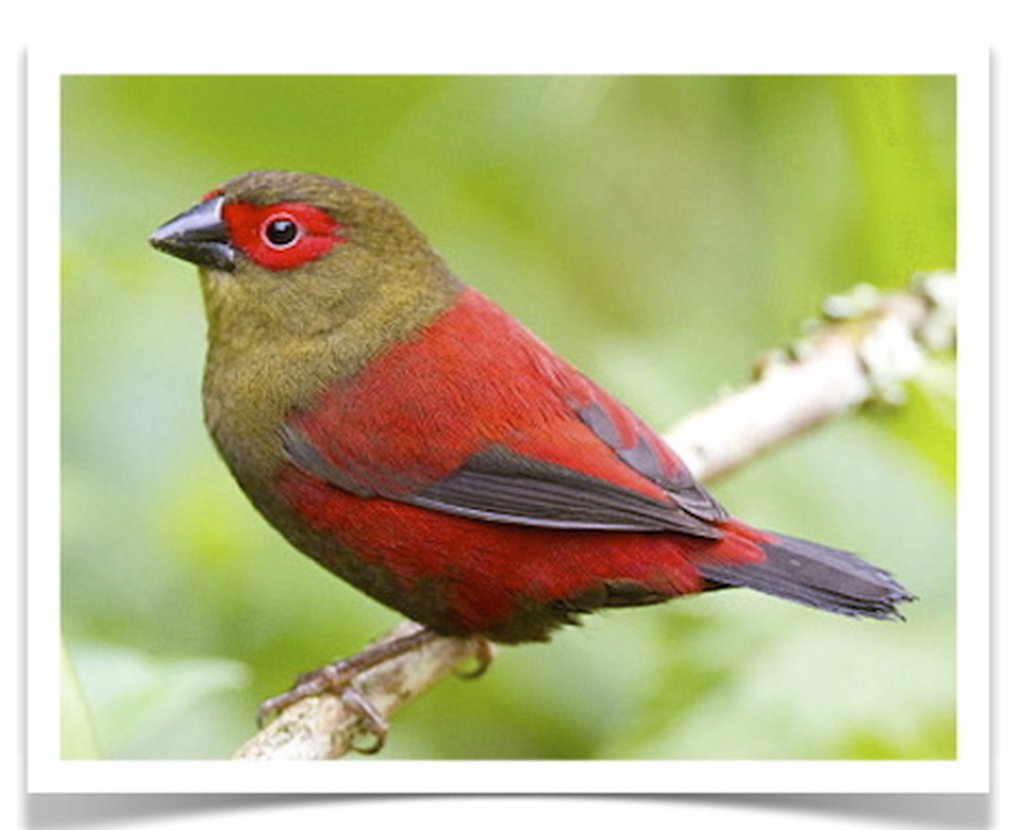
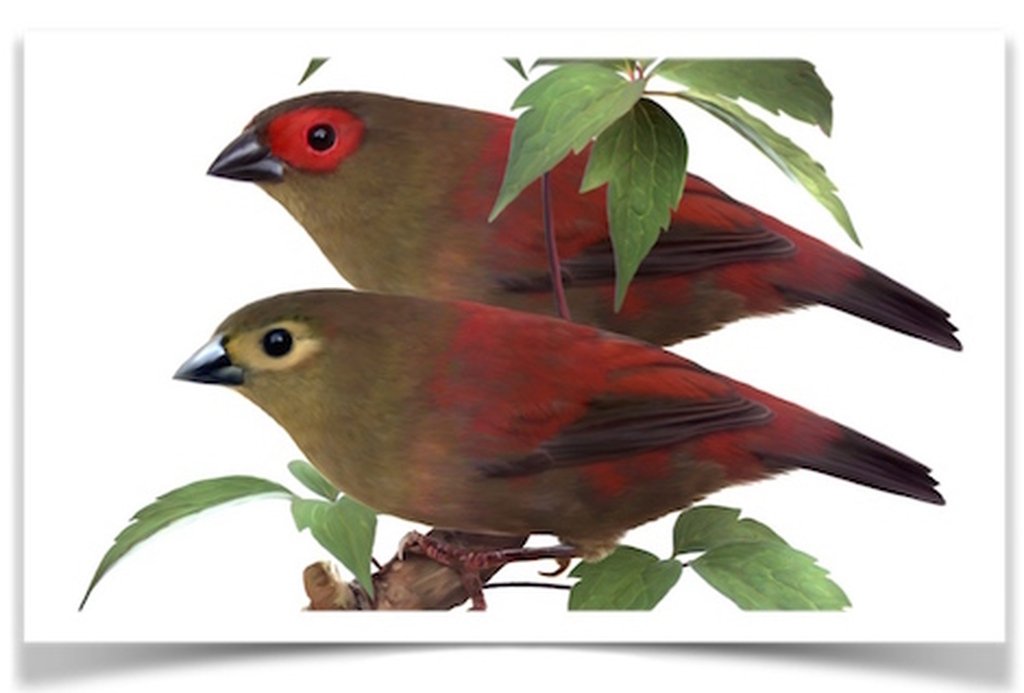
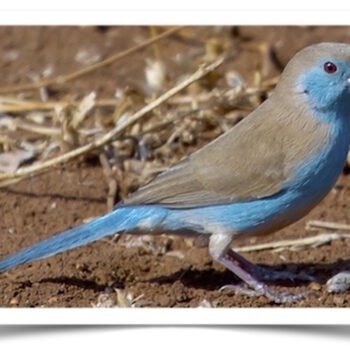
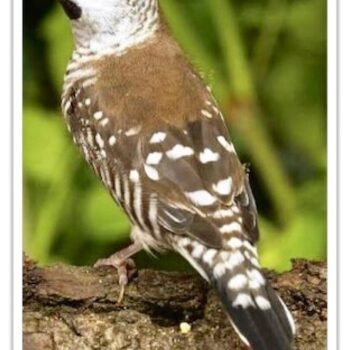

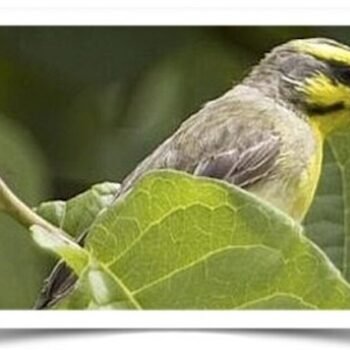




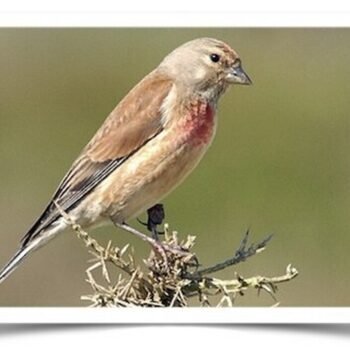
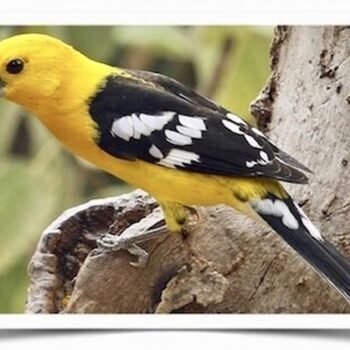

Reviews
There are no reviews yet.